Extracto: Este artículo se centra en las implicaciones de un proyecto colaborativo de narración digital en la participación de los estudiantes dentro del contexto de la educación universitaria. El estudio empírico se lleva a cabo con un grupo interdisciplinario de estudiantes de licenciatura de una universidad nórdica (N=22) y una universidad en el sur de Europa (N=21), y los datos se recopilan a…
November 2020
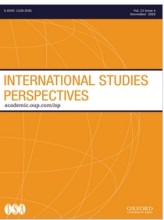
October 2020
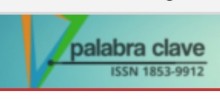
Resumen. Este trabajo tiene como objetivo comparar los patrones de colaboración de la producción científica argentina de agroindustria de acuerdo con el alcance geográfico de la investigación, es decir, temas dirigidos a lectores nacionales y temas que van más allá de la frontera nacional recogida en la base de datos Scopus para el periodo 2007-2016. El comportamiento de ambos grupos se analiza y…
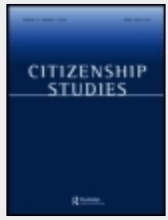
Abstract: Although Member states have increasingly relied on welfare policies to control intra-EU migration in the last decade, they often grant additional social rights to EU citizens who do not comply with residency requirements set by EU law, revealing a gap between declared restrictive aims and actual inclusive measures. Based on document analysis and semi-structured interviews in Belgium,…
August 2020

Abstract: We argue that the incentive structure of all individual and coordinated measures across countries to contain the corona-pandemic is that of a weakest-link public good game. We discuss a selection of theoretical and experimental key results of weakest-link games and interpret them in the light of the corona-pandemic. First, we highlight that experimental evidence does not support the…
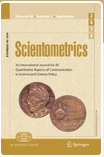
Abstract. This paper analyses the influence of a Brazilian institution delivering the corresponding author on its scientific citation impact, distinguishing between its collaborative papers with foreign institutions and those resulting from national collaboration. We retrieved from Scopus database a total of 607,454 Brazilian documents for all 443 Brazilian institutions with at least 100…
July 2020
Abstract
Objective
Scrutinize how the three main sources of knowledge inequalities, namely, gender, age, and education, relate to the content, format, and object of the survey items used to measure knowledge
Methods
Using a pooled data set encompassing 106 postelection surveys in 47 countries from the CSES, we perform analyses by…
June 2020
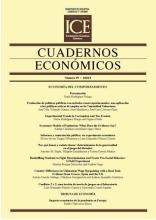
Resumen. En recientes modelos económicos, un optimista (no Bayesiano) es aquel agente cuyas creencias y expectativas están frecuentemente «tintadas de rosa», dado que sus a prioris y la evidencia objetivamente disponible implicarían una predicción estadística menos positiva. Este artículo repasa la literatura empírica sobre optimismo con vistas a evaluar la relevancia empírica de tales modelos.…
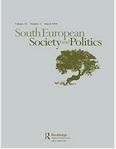
ABSTRACT: Migrants’ healthcare entitlement represents a conflictive issue in the political battlefield, with research pointing towards the determinant role of party politics in determining policy outputs. Addressing the 2012 healthcare reform and 2018 counter-reform adopted in Spain by a right-wing and left-wing government respectively and drawing on qualitative analysis of parties’ discourses…
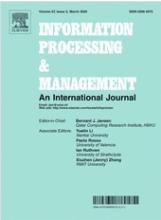
Abstract. Author co-citation analysis (ACA) is a commonly used method to map knowledge domains and depict scientific intellectual structures. Although all authors’ information has been considered in previous studies, ACA does not distinguish credits of different collaborators within a team. Authors’ sequence in a publication illustrates their contributions and specialty of research, which offers…
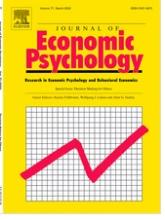
Abstract. A large number of observational and experimental studies have explored the determinants of individual preferences for redistribution. In general, inequalities are more likely to be accepted by people of higher socioeconomic status, in richer societies and when inequalities are perceived as justifiable owing to differences in productivity. Almas et al. (2019) show that in a relatively…


